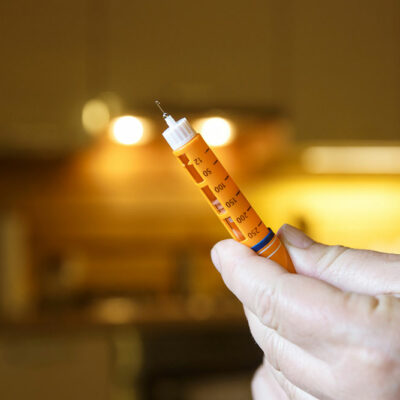
Heart
5 easy ways to lower high triglycerides level
There are several factors that affect an individual’s health, right from the diet they consume to the type of lifestyle they lead. Everything plays a major role in determining the quality of life of an individual. Usually, people pay a lot of attention to their blood pressure and cholesterol levels because if these go haywire, their health will soon experience a downward spiral. Apart from these two factors, another important factor that you should monitor are the triglycerides. Triglycerides are a type of fat, also known as lipid, that is found in the blood. When one eats, the body converts the calories that aren’t needed immediately into triglycerides, which are stored in the fat cells. These triglycerides are released by the hormones for energy between meals. The trouble brews when one consumes more calories than they burn, and this results in higher levels of triglycerides. High levels of triglycerides result in the thickening of the arteries and increase the risk of heart disease or stroke. So, to lower the levels of triglycerides in the body, one can adhere to the following steps: Lose weight The major cause of increasing levels of triglycerides is consuming more calories than you burn. Which is why losing weight is an effective way of lowering the levels of triglycerides in the blood.
Read More 








